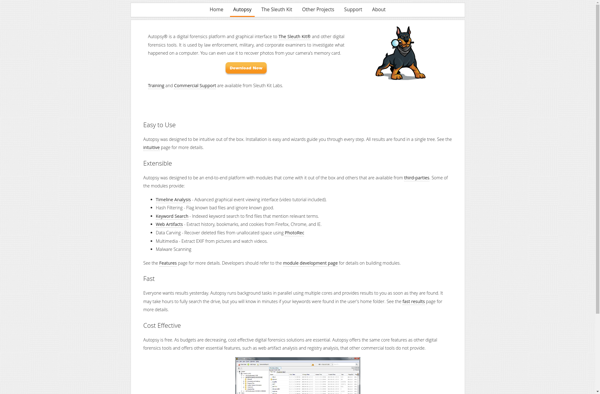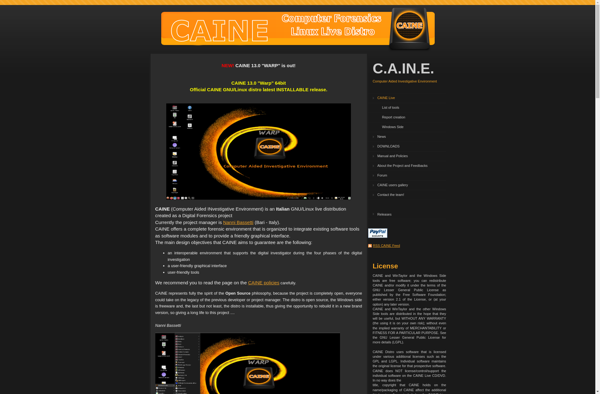Volatility
Volatility: Open Source Memory Forensics Framework
An open source framework for extracting digital artifacts from volatile memory (RAM) samples, aiding in malware investigation and system crash analysis.
What is Volatility?
Volatility is an advanced open source memory forensics framework used to analyze volatile memory (RAM) samples, usually obtained from endpoint systems as memory dumps or snapshots. It provides tools to extract digital artifacts from RAM that can reveal valuable forensic evidence.
Volatility supports analysis of memory captures from all major desktop and server versions of Windows, Linux, macOS, and Android systems. Its modular architecture allows easy extension with new plugins and profiles as new malware variants and OS versions emerge.
Key features provided by Volatility include viewing details of running processes, loaded DLLs modules and open network connections, extracting executable files and registry hives for malware analysis, detecting hidden processes being run by rootkits, analyzing the Windows kernel for signs of compromise, and automating analysis at scale across a fleet of systems.
Volatility is used worldwide by incident responders, security engineers, and forensics investigators to analyze endpoint memory during malware infections, targeted intrusions, or after suspicious system crashes. It can uncover forensic evidence that may not be accessible once the endpoint is powered down. The insights it provides are invaluable for understanding the full scope and impact of a security incident.
Volatility Features
Features
- Memory acquisition
- Memory analysis
- Malware detection
- Rootkit detection
- Process and kernel module extraction
- API hook detection
- Registry extraction
- File extraction
- Network connection extraction
Pricing
- Open Source
Pros
Cons
Reviews & Ratings
Login to ReviewThe Best Volatility Alternatives
Top Security & Privacy and Forensics and other similar apps like Volatility
Here are some alternatives to Volatility:
Suggest an alternative ❐Cado Live

Autopsy Forensic Browser

Caine
